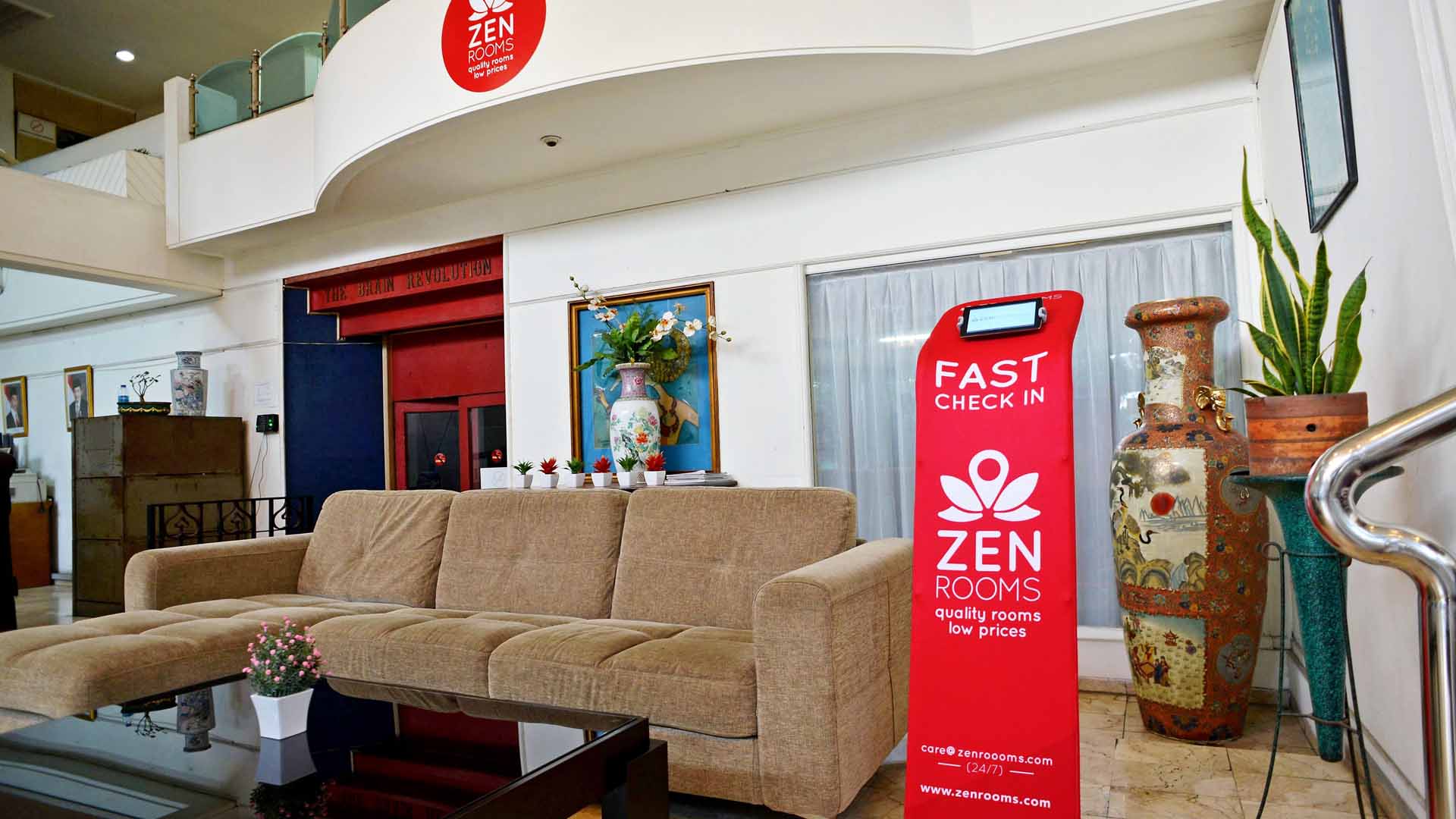Southeast Asia is the fastest growing travel market worldwide. The region attracted 120 million tourists in 2017, and its inbound tourism industry has grown by an annual average of 7.9% since 2005, faster than in any other part of the world. Traveling is now more convenient and accessible — low cost airlines account for at least 50% of flights in the region, reaching up to 70% of domestic flights in the Philippines and Thailand.
According to a 2019 report by Google and Temasek, Southeast Asia’s online travel sector has grown from $29.7 billion in 2018 to $34.4 billion in 2019, and is expected to double in the next 5 years. The biggest growth is expected to come from the accommodation sector, from $12.9 billion in 2019 to $36 billion in 2025, driven by new users outside of Metros.
Though Southeast Asia’s tourism industry is promising, its budget accommodation market still has a long way to go. Lack of regulation, poor safety and service standards, and low affordability are still rampant in the market.

Franchising is one of the key remedies to these issues. ZEN Rooms, a leading economy and mid-range hotel franchise in Southeast Asia, is at the forefront of standardizing quality, improving services, and bringing in advanced technology. These are important components which help hoteliers and travelers navigate the fast-changing market.
“At ZEN, we believe that to travel safely and affordably is a basic human right,” said its co-founder Nathan Boublil. “ZEN Rooms empowers budget hotels to be productive, safe, and competitive, especially now that Southeast Asia’s international tourism is booming. We want to transform the fragmented budget and midscale hospitality in the region.”
This is timely, as economy hotels struggle to keep up with the demands of travelers. According to Booking.com reviews, only 17% of travelers in Southeast Asia are satisfied with their hotel stay, as compared to the 35% of satisfied travelers in Europe. Many hotels still use offline tools to manually record their reservations and guest arrivals. Dependency on manual practices may cause overbookings, an increase in security issues, and unpleasant travel experiences.
ZEN properties offer competitive rates and higher service standards to travelers. Technology plays a key role in that transformation. Hoteliers get cloud-based software to manage the life of the property — from rates and reservations to housekeeping and cashflow. The software is linked to ZEN Central Reservation and Distribution Systems, which provides 24/7 support for both travelers and hoteliers. Automated processes give complete transparency to the owners and simplify the work of the team, allowing them to focus on the service.
However, hospitality is a people business — having the best technology without having a trained team will yield subpar results. Knowing the importance of human capital, ZEN Rooms has built an in-house hospitality school in the Philippines. Employees and partners go through online and offline training to achieve consistency in the quality of their service and discuss the problems they may face. The training covers everything, from customer service skills to maintenance and security procedures. The results are proven to be effective and are well reflected in high public customer reviews – according to booking.com, ZEN hotels have an average rating of 8.2, which is more than a point above the market average.

“We do an operational audit for all our properties to reveal their areas for improvement,” said Nathan. “Once we know the pain points, we’ll address them one by one. We believe that proper training, relevant and easy-to-use software, and continuous support will help hotels to achieve their full potential.”
In addition, ZEN Rooms recently announced a strategic alliance with its financial backers Yanolja, Korea’s number one travel group, and eZee, a global provider of end-to-end hospitality technology. The companies have disclosed the development of YFlux, the product that promises to create a fully integrated and automated environment in hotels. ZEN Rooms will be the first to introduce YFlux in its properties in the first quarter of 2020, making it the leading full-stack hospitality group in the region.
“ZEN helps Southeast Asian hotels transform into safer, more efficient spaces,” Nathan highlighted. “This efficiency translates into lower pricing for travelers, which is how we contribute daily to democratizing travel in Southeast Asia.”
ZEN continues their efforts in empowering hoteliers and providing travelers with accommodation that is accessible, affordable, and safe. They are hopeful that budget hotels will see the importance of keeping up with the needs and wants of tourists across the region.







